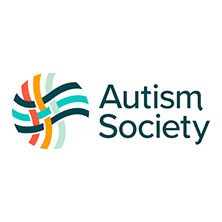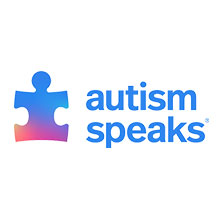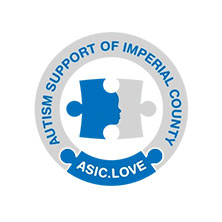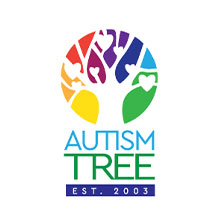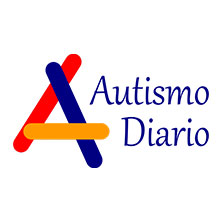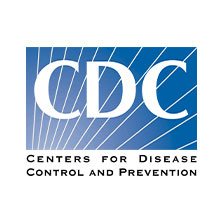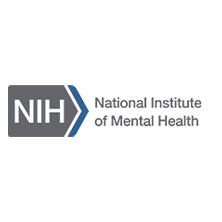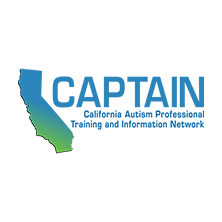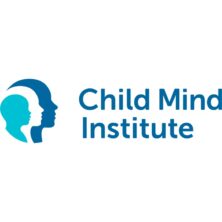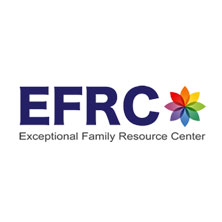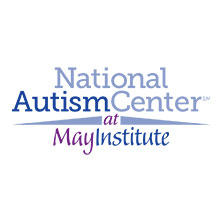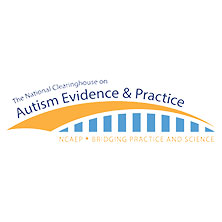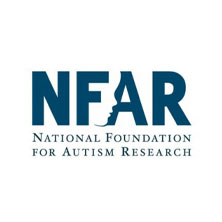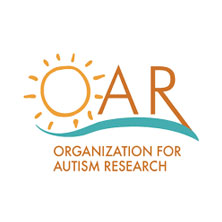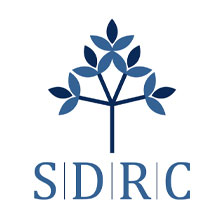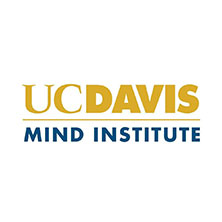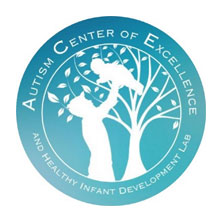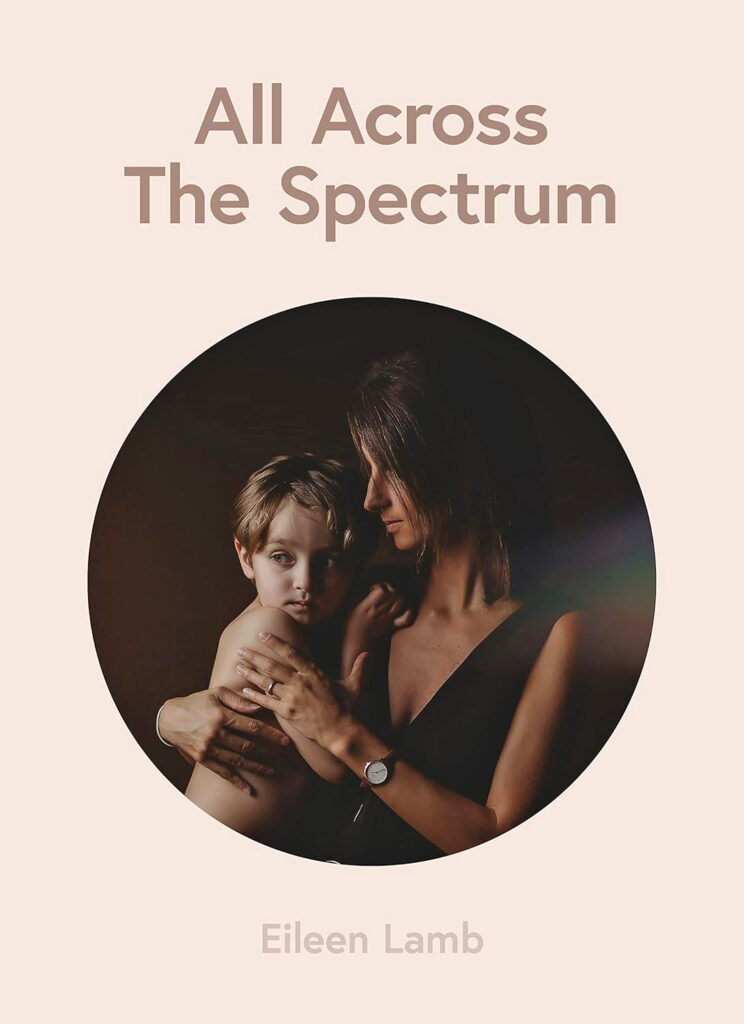Connecting people to the resources they need through education, advocacy, and community programming
Welcome to our resource hub, dedicated to supporting individuals living with autism and other neurodevelopmental conditions, and their families. Here, you’ll find a variety of helpful tools, including information about local and national support groups, books about autism, and opportunities to get involved in research studies. Whether you’re seeking emotional support, educational materials, or the latest scientific findings, our goal is to empower you with the information, guidance, and community connections needed to navigate the challenges and celebrate the strengths of neurodiverse individuals.

Neurodevelopmental Diagnoses
At MindWise, we specialize in the assessment of various neurodevelopmental conditions. Our expertise includes conditions such as autism spectrum disorder, attention-deficit/hyperactivity disorder (ADHD), intellectual disabilities, and speech and language delay. We utilize comprehensive evaluations to provide accurate diagnoses and tailored recommendations for support. Below, you will find brief descriptions of some of the neurodevelopmental conditions we commonly assess. Please review our Services page to learn more about our evaluation process.
Autism Spectrum Disorder
Autism Spectrum Disorder (ASD) is a neurodevelopmental disorder that affects how people connect with others, talk, learn and act. It’s considered a “developmental disorder” because signs and symptoms usually appear during childhood development, though autism can be identified at any age.
Autism is called a “spectrum” disorder because symptoms can differ greatly in type and degree of severity. The Diagnostic and Statistical Manual of Mental Disorders (DSM-5-TR), a guide used by healthcare experts to diagnose mental health conditions, describes ASD as exhibiting:
- Problems with communicating and interacting with others
- Limited interests and repetitive behaviors
- Symptoms that make it challenging to function at school, work, and in daily life
At MindWise Psychological Services, our licensed clinical psychologists have received specialized training in the administration of standardized and objective tests for autism. These tests are widely recognized in the field as the leading diagnostic measures for autism and allow us to evaluate an individual’s social communication skills, restricted interests, and repetitive behaviors.
Below are some links to trusted resources that provide more information about ASD.
Attention-Deficit/Hyperactivity Disorder (ADHD)
ADHD is characterized by ongoing issues with focus and self-control. People with ADHD experience different types of symptoms, including:
- Inattention: Individuals with ADHD may have trouble staying focused, being organized, and staying on task. These problems are not because of defiance or lack of understanding.
- Hyperactivity: People with ADHD may constantly move around, even when it’s not appropriate. They might fidget, tap, or talk excessively. In adults, hyperactivity might show as restlessness or talking a lot.
- Impulsivity: This means acting without thinking or struggling with self-control. Impulsive individuals might seek immediate rewards and have trouble waiting. They could interrupt others or make important decisions without considering the future results.
At MindWise Psychological Services, our licensed clinical psychologists have years of experience and expertise in assessing for and diagnosing ADHD.
Below are some links to trusted resources that provide more information about ADHD.
Intellectual Developmental Disorder (Intellectual Disability)
Intellectual Developmental Disorder (IDD) involves difficulty learning and functioning in everyday life as expected. This can vary among children. Children with Intellectual Disability might struggle to communicate their needs, take care of themselves, and learn at a slower pace than other kids their age. They might need more time to learn basic skills like speaking, walking, dressing, and eating on their own. Learning at school could also be challenging for them.
IDD is a “developmental disorder” because it begins before a child turns 18, and it can even be present before birth. It is caused by factors like injury, disease, or an issue in the brain. Some common known causes can even happen before birth, like Down Syndrome, Fetal Alcohol Spectrum Disorders, and other genetic conditions. Others occur during birth or shortly after, while a few causes might appear when the child is older, such as stroke, head injury or certain infections.
Signs that indicate Intellectual Disability in children may include:
- Delay in sitting up, crawling, or walking
- Late or challenging speech development
- Trouble remembering things
- Difficulty grasping social norms
- Not understanding the outcomes of their actions
- Struggling to solve problems
At MindWise Psychological Services, our licensed clinical psychologists have received specialized training in the administration of standardized and objective cognitive and intelligence tests. These tests allow us to evaluate general cognitive and intellectual skills, including problem-solving, reasoning, working memory, and verbal and visual intelligence.
Below are some links to trusted resources that provide more information about Intellectual Disability.
Speech and Language Delay
A communication disorder is when someone has trouble understanding, expressing, processing, or grasping concepts through words, signs or symbols. This can affect hearing, language and speaking. Communication disorders can be mild or severe, and they can start from a young age or happen later. People might have one type of communication disorder or a combination of them, and it might be the main disability or caused by other problems.
A speech disorder is when someone has problems with how they say words, their flow of speech, or their voice. A language disorder means having trouble understanding the meaning of or using spoken or written words or other symbols. This can affect the structure of language (like grammar), the meaning of words, or how language is used to communicate with others.
In simple terms, a communication disorder makes it hard to understand and express thoughts, and it can involve problems with speaking, understanding or using language.
At MindWise Psychological Services, our licensed clinical psychologists have years of experience working with children with speech and language delay. Importantly, we have specialized skills in deciphering when speech or language delay is the primary concern or if it is due to a secondary condition such as autism.
Below are some links to trusted resources that provide more information about speech and language disorders.
- Developmental Language Disorder (National Institute on Deafness and Other Communication Disorders Guide)
- Definitions of Communication Disorders and Variations (American Speech-Language-Hearing Association Guide)
- What is a Communication Disorder? (Cincinnati Children’s Hospital)
- Social Communication Disorder: Information & Treatments (Autism Speaks)
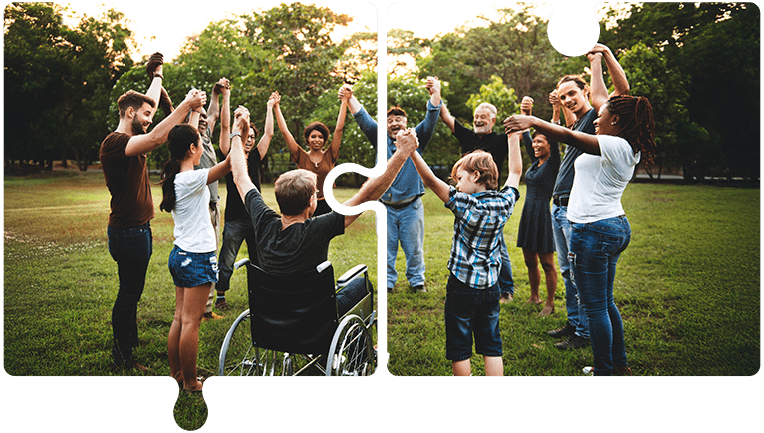
Autism Support Resources
We are committed to providing valuable support for individuals with autism and their families. Below, you will find a comprehensive list of resources, including educational tools, community programs, and information about available services. These resources aim to empower and enhance the lives of those on the autism spectrum and their families.
Autism Speaks
Advocacy, services, supports, research and innovation, and advances in care for autistic individuals and their families
- Autism Statistics and Facts
- Autism Resource Guide
- April Autism Awareness Materials
- New Autism Diagnosis, Tools to Get Started
- A Parent’s Guide to Autism
Kit for First 100 Days After Diagnosis
Autism Support of Imperial County
Autism Resources and Support in Imperial County
Autism Tree Project
Provides Over 200 Community-Based Family Events Annually in San Diego
Para recursos en español, visite:
Autismo Diario
En Autismo Diario encontrarás información útil para familias, profesionales, pero también para quienes están en el espectro del autismo
Centro para el Control y la Prevención de Enfermedades
Lista de Verificación de Momentos Importantes del Centro para el Control y la Prevención de Enfermedades – Ideas para Apoyar el Desarrollo de Su Hijo, de 2 Meses a 5 Años
Espectro autista
La misión de EspectroAutista.Info es ayudar a la difusión y conocimiento de los trastornos del espectro autista
Instituto Nacional de Salud Mental
Folleto Sobre los Trastornos del Espectro Autista del Instituto Nacional de Salud Mental

Recommended Books
We are pleased to share a curated list of books about autism. These professionally recommended resources offer valuable insights, perspectives, and information to assist families, educators, health professionals, and advocates interested in understanding autism and enhancing their knowledge and support for individuals with autism.
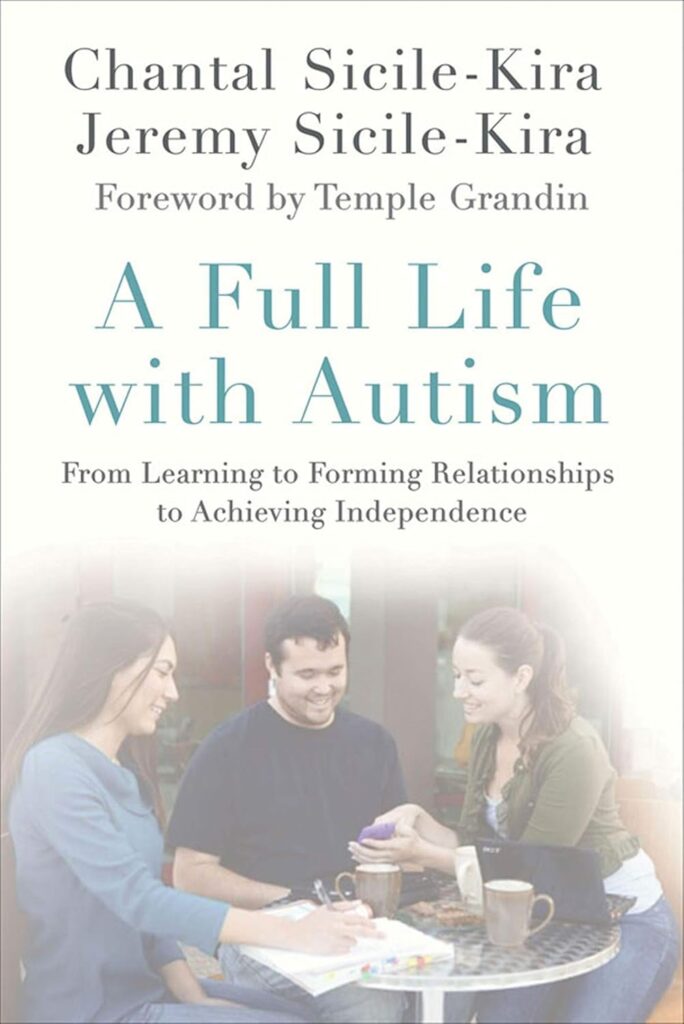
A Full Life with Autism
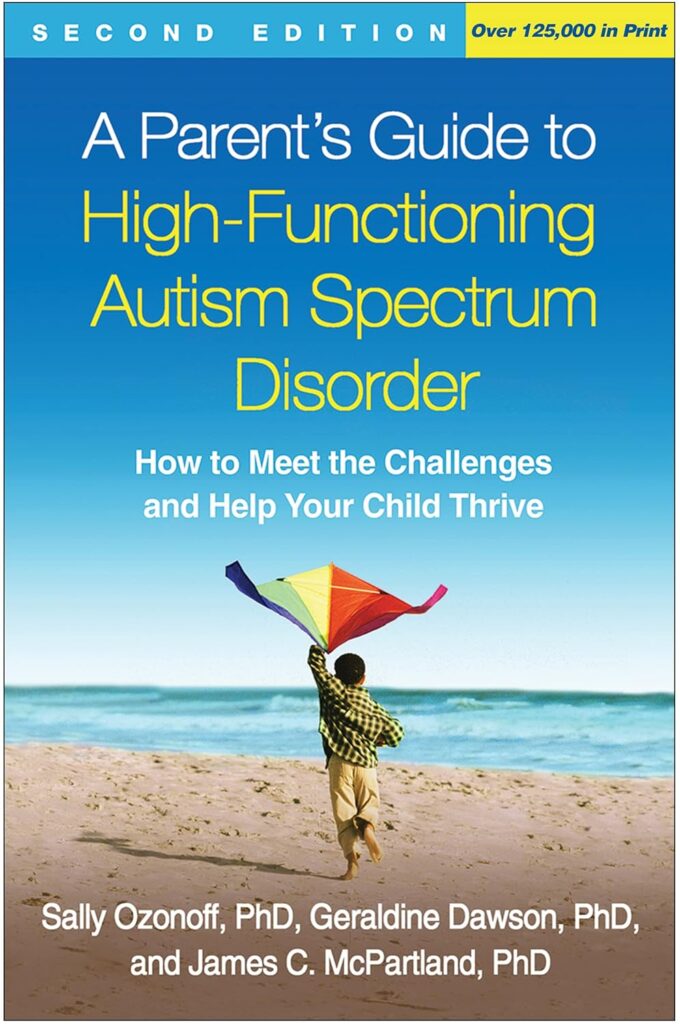
A Parent’s Guide to High-Functioning Autism Spectrum Disorder
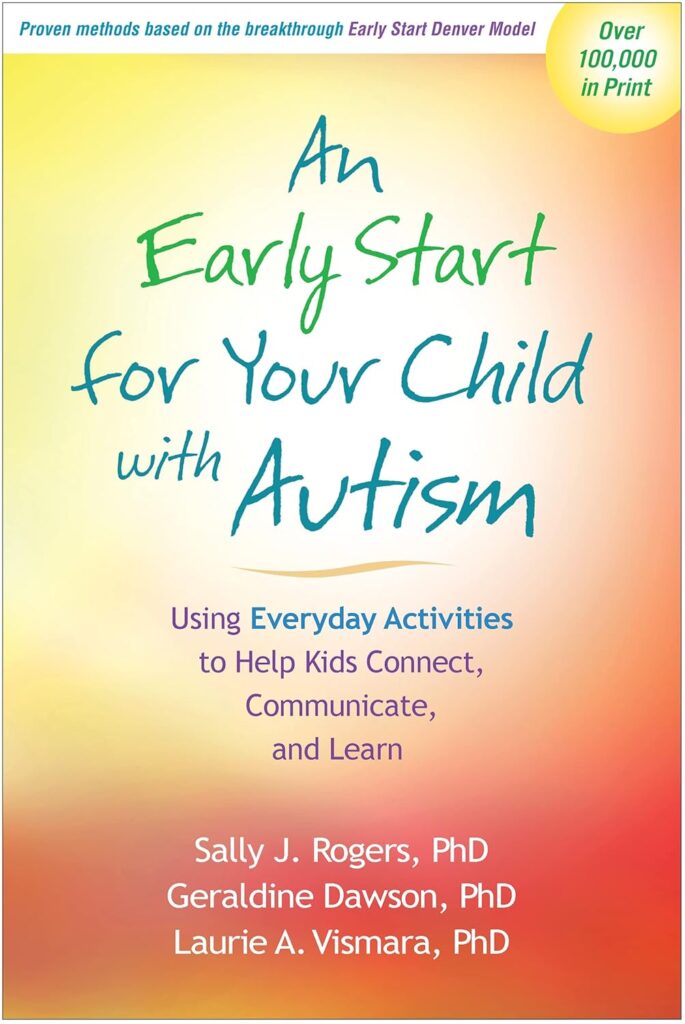
An Early Start for Your Child with Autism
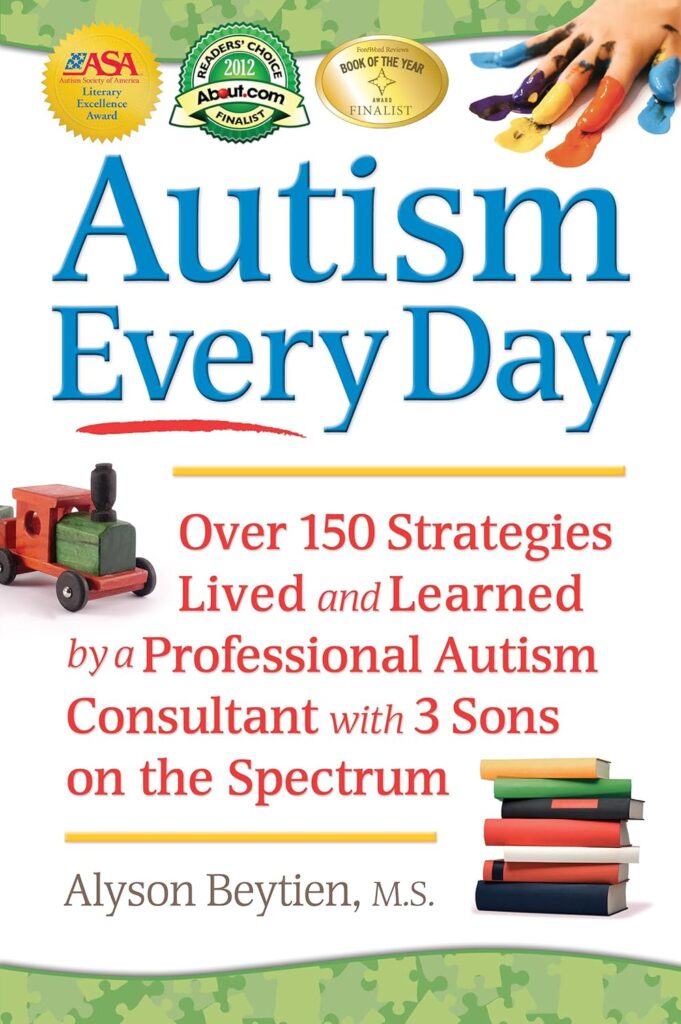
Autism Every Day
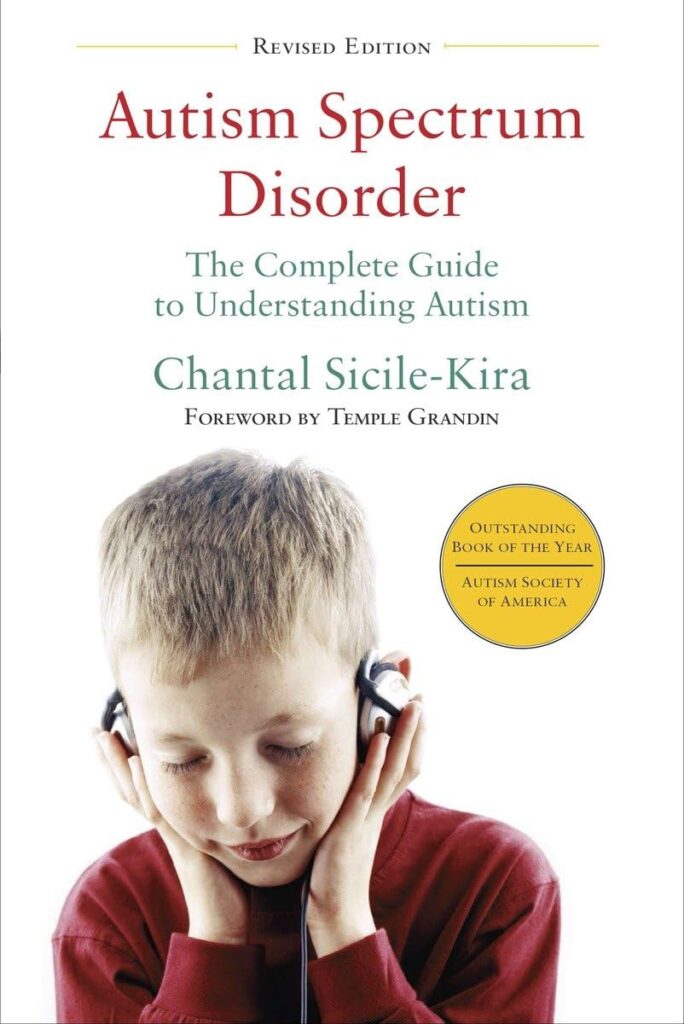
Autism Spectrum Disorder
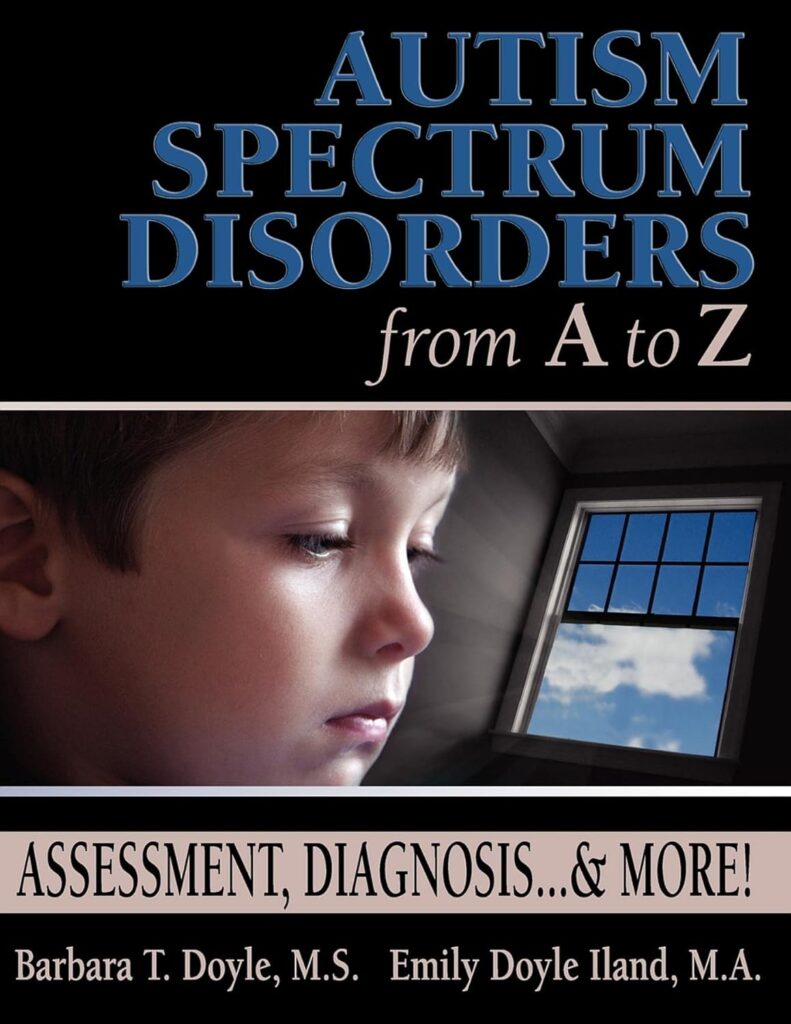
Autism Spectrum Disorders from A to Z
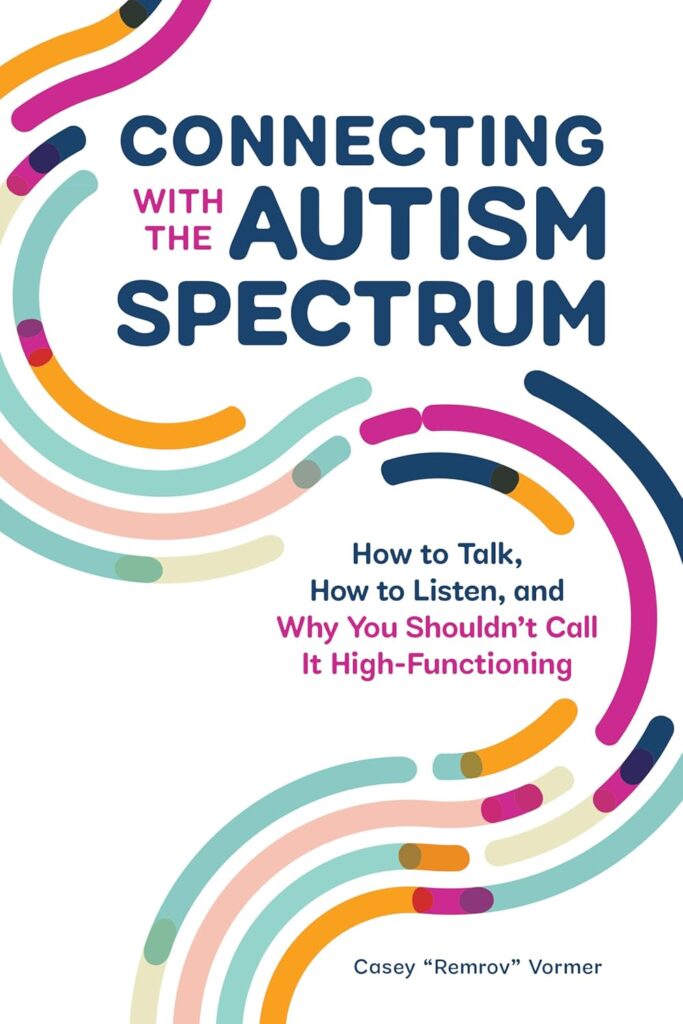
Connecting With The Autism Spectrum
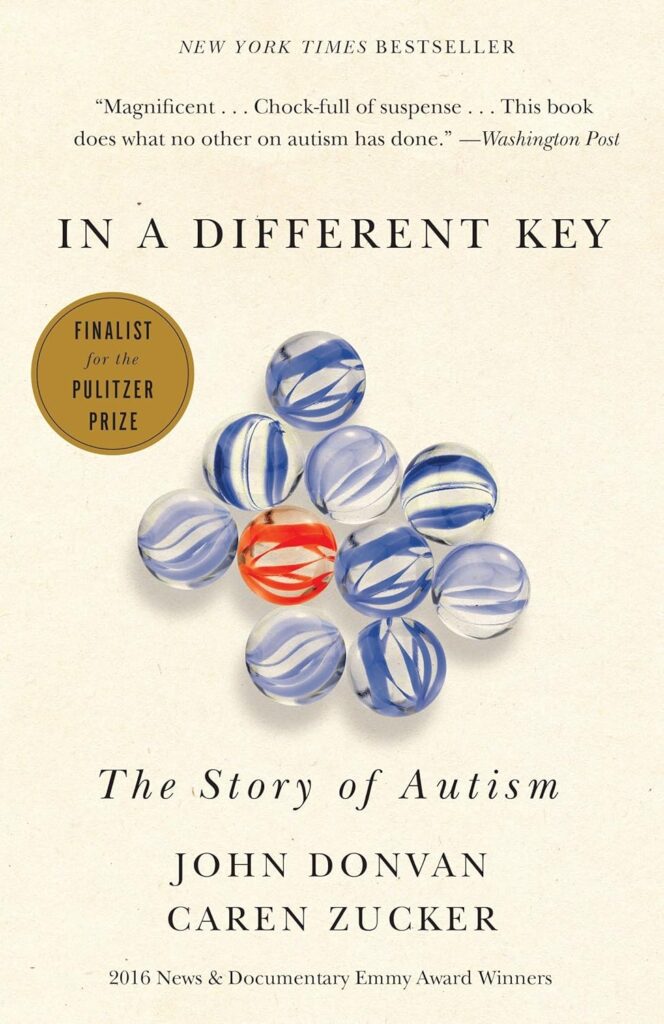
In a Different Key
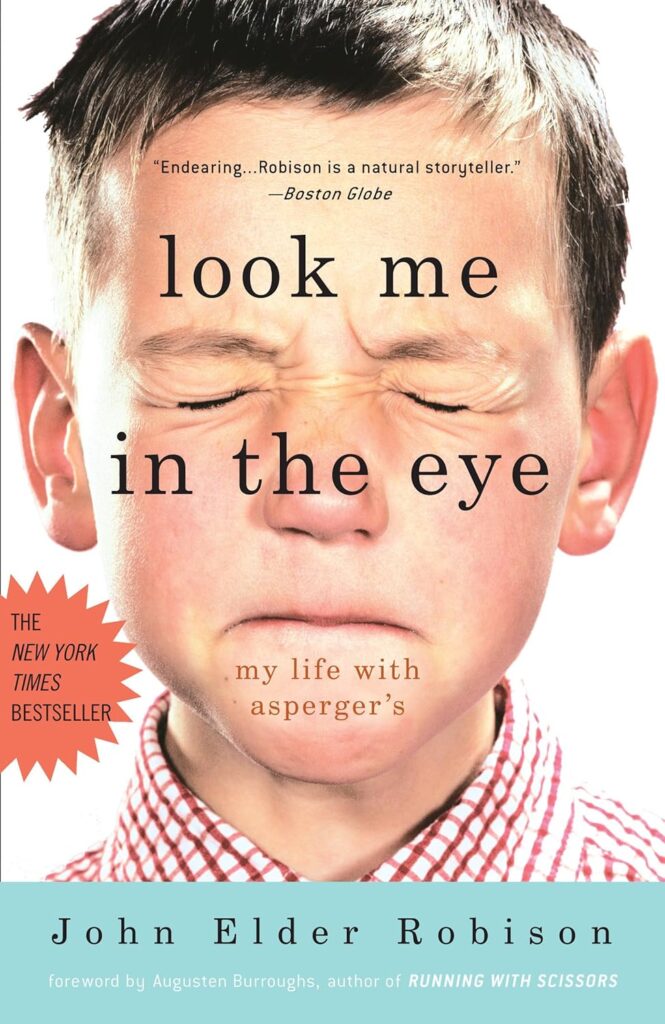
Look Me in the Eye
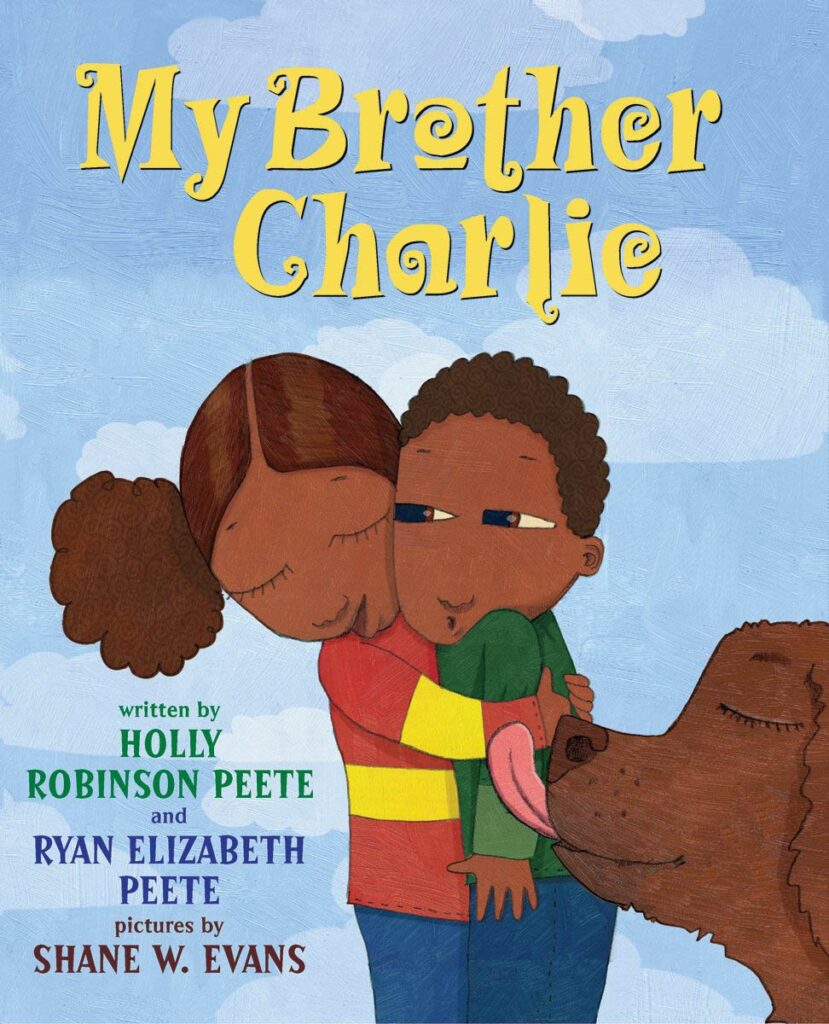
My Brother Charlie
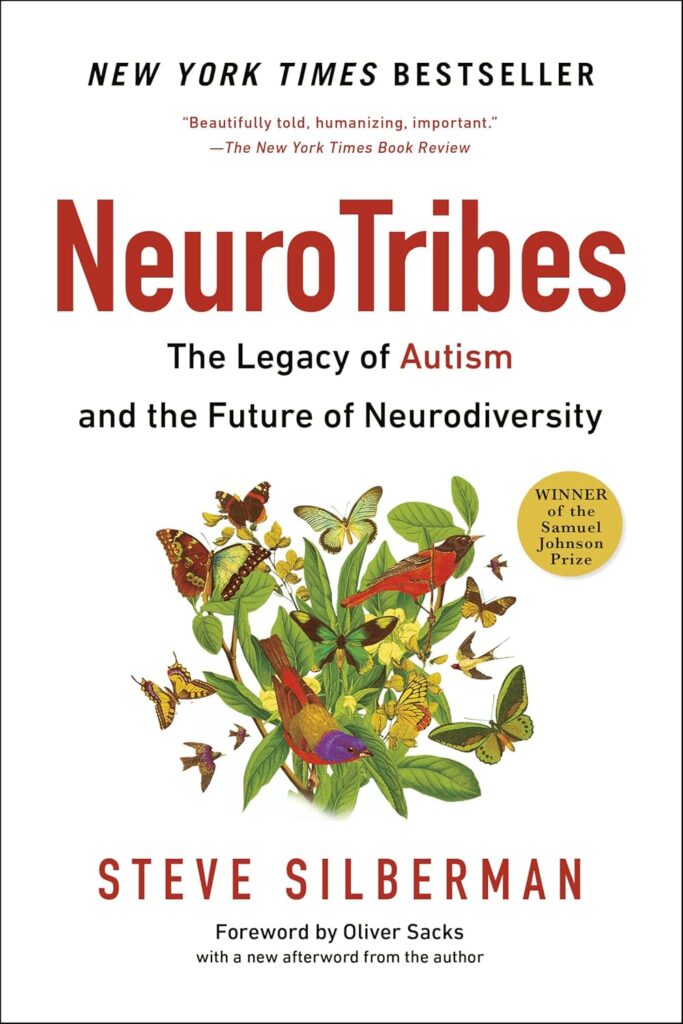
Neurotribes
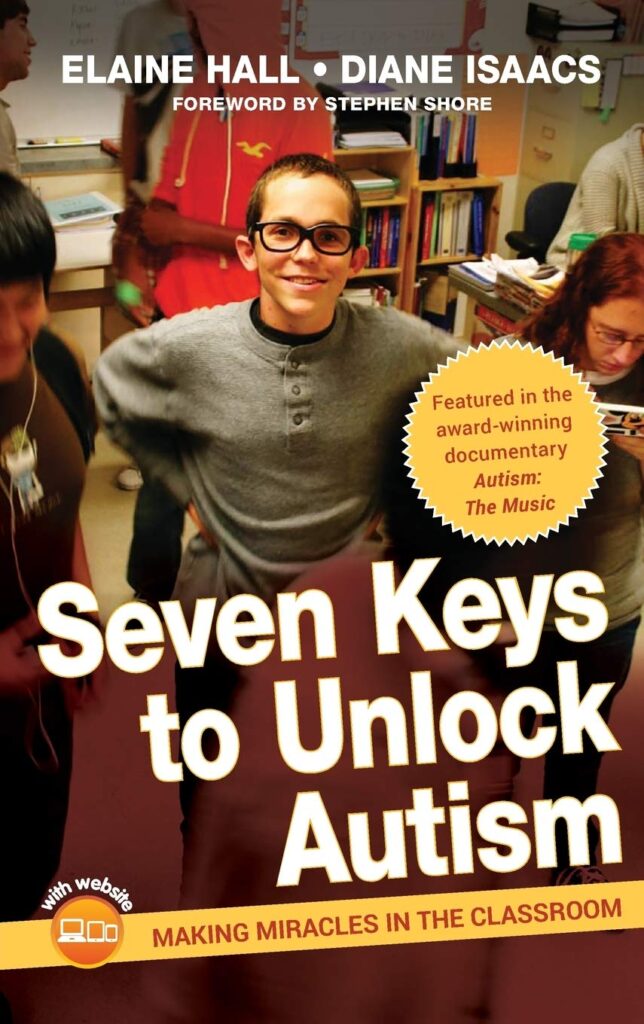
Seven Keys to Unlock Autism
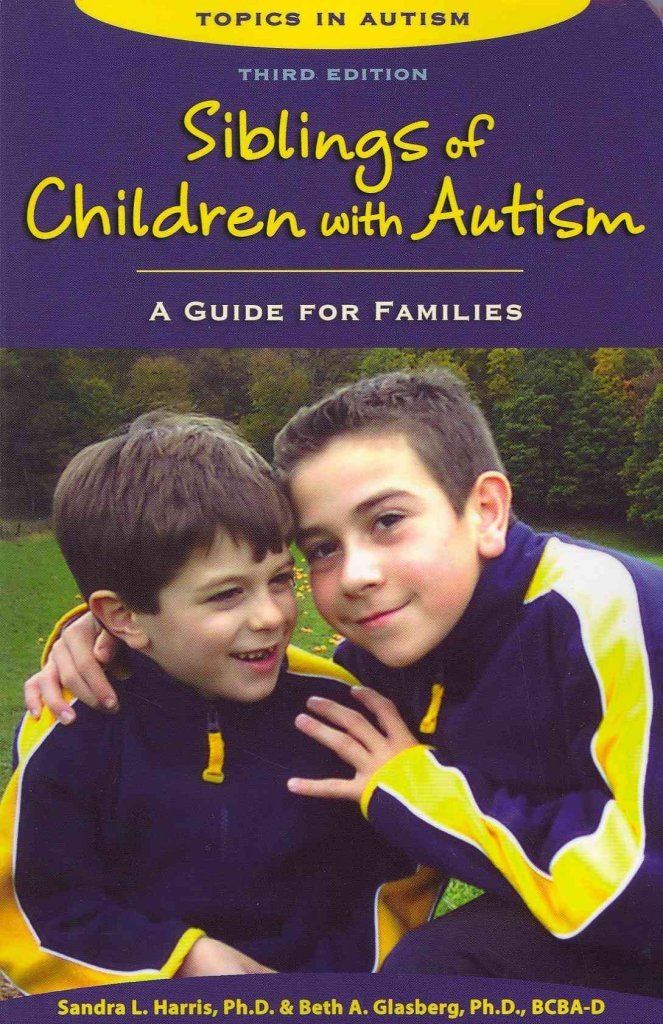
Siblings of Children With Autism
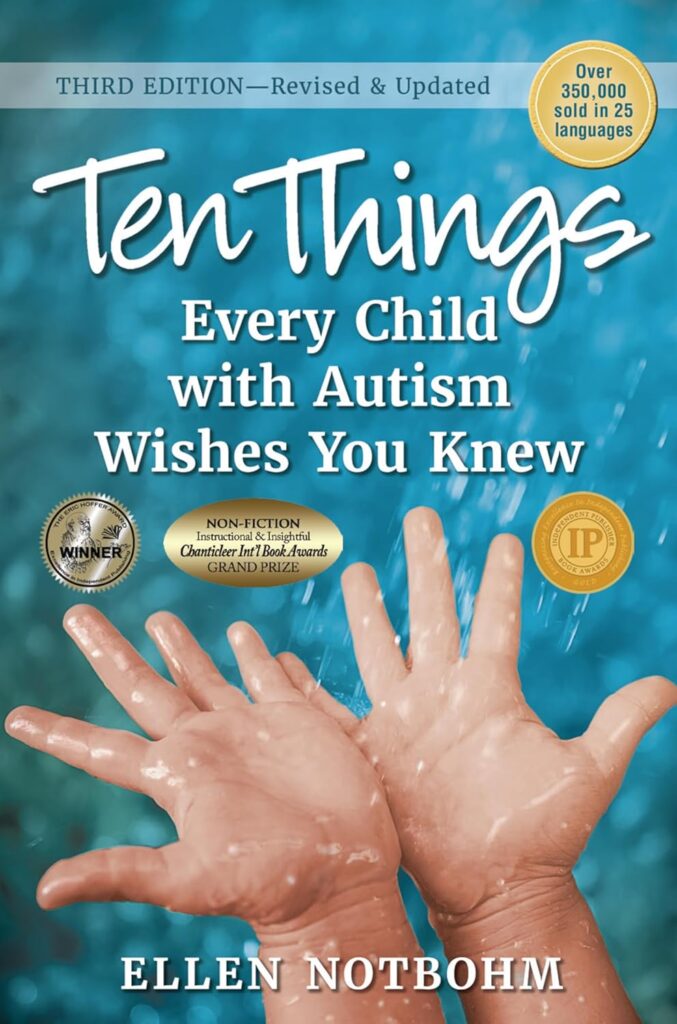
Ten Things Every Child with Autism Wishes You Knew
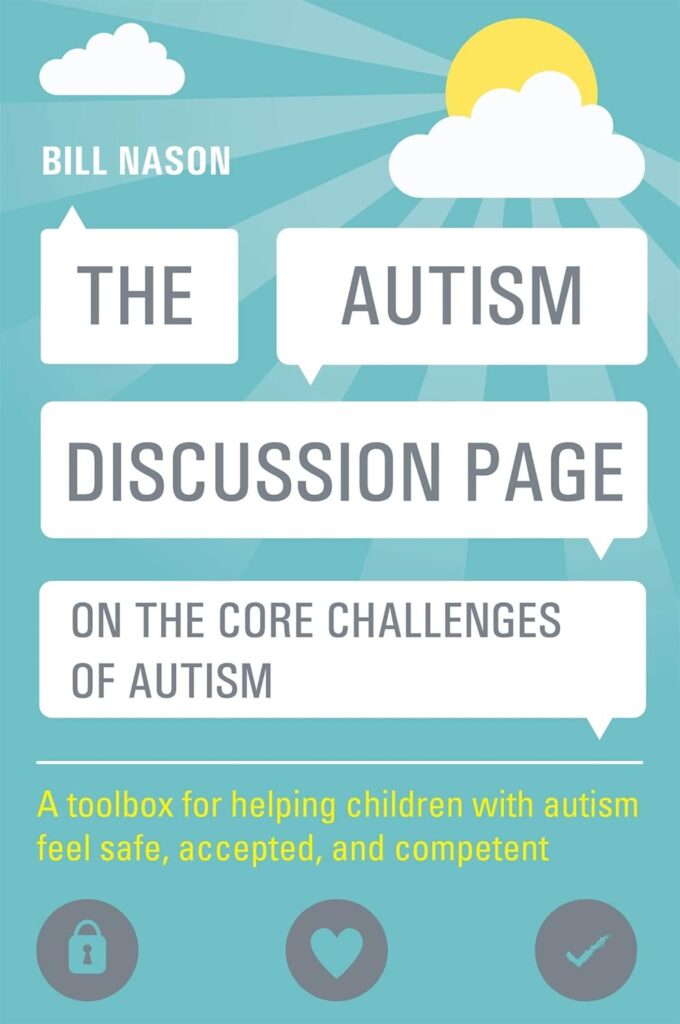
The Autism Discussion Page on the Core Challenges of Autism
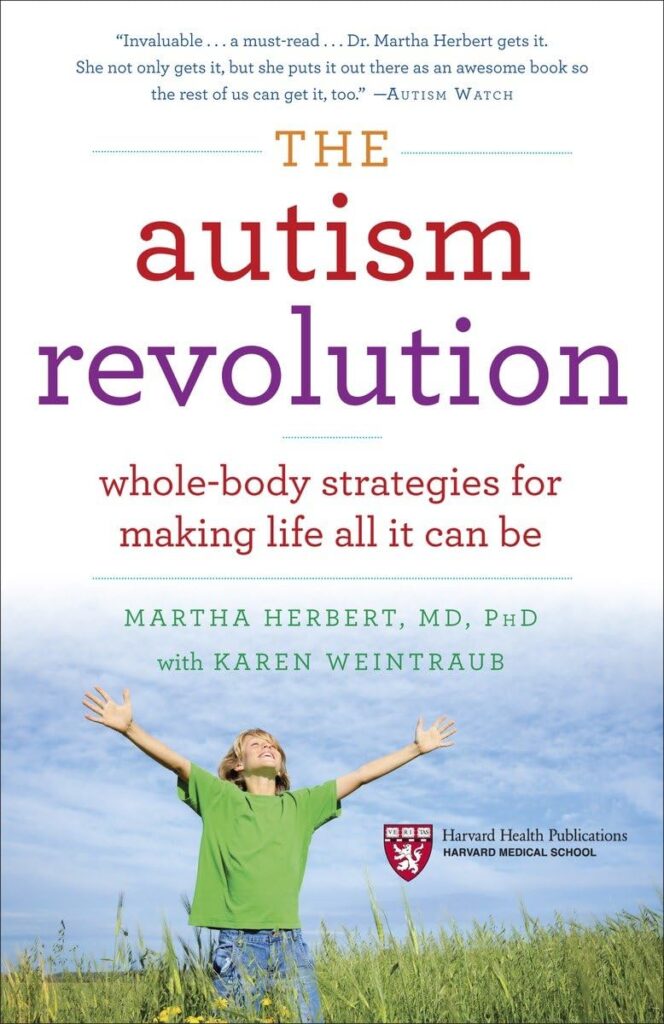
The Autism Revolution
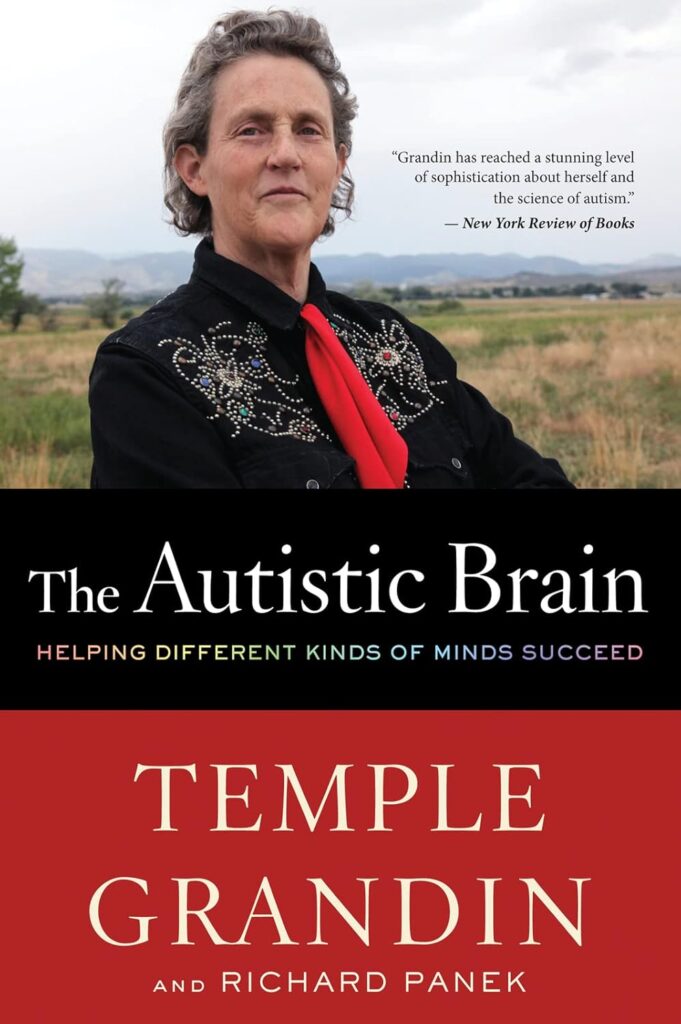
The Autistic Brain

The Power of Neurodiversity
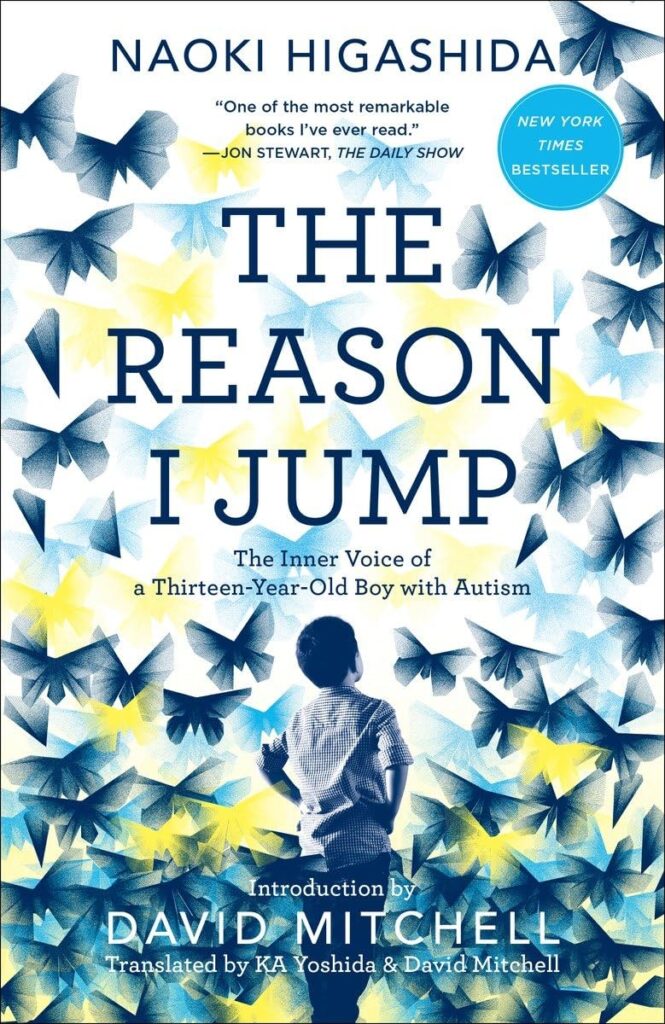
The Reason I Jump
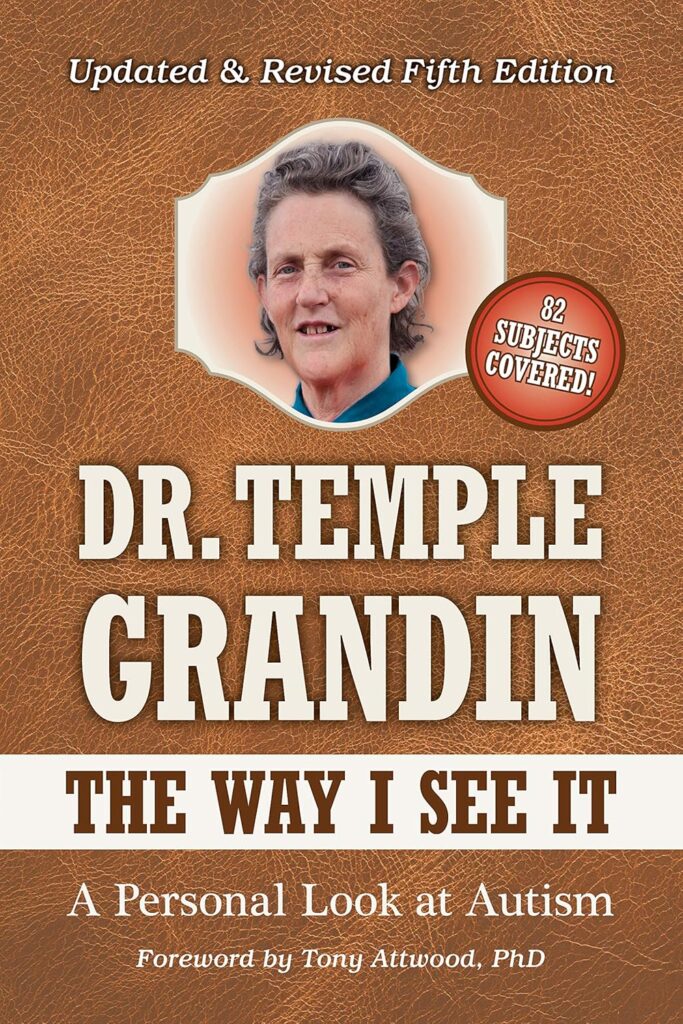
The Way I See It
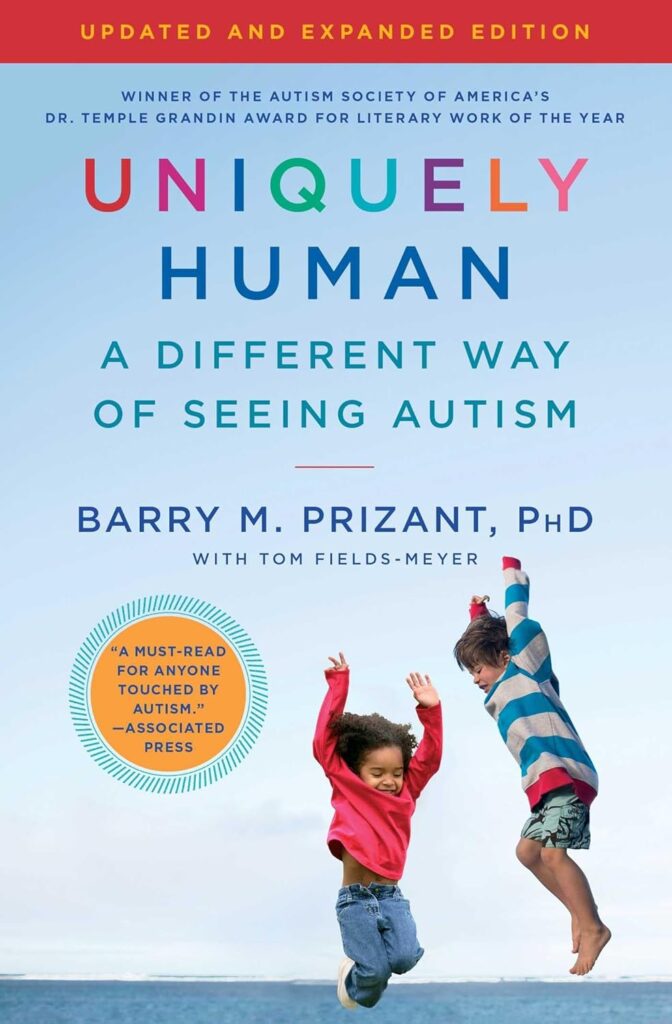
Uniquely Human
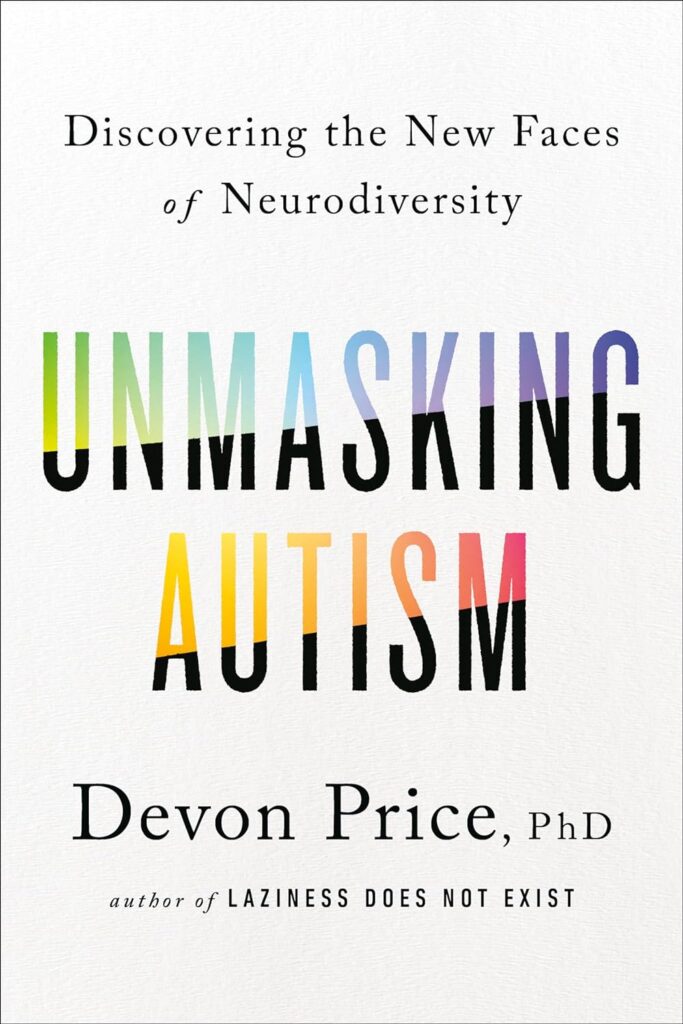
Unmasking Autism
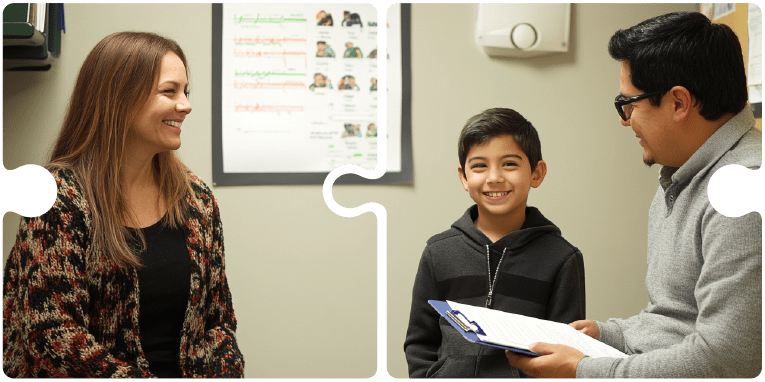
Participate in Research
We encourage families to participate in a variety of autism research studies in the community to help deepen our understanding of this complex condition. Your involvement can contribute to vital discoveries that improve the lives of individuals with autism and inform better support strategies. Please explore the options below to learn more about how you can get involved in autism research!

University of California San Diego (UCSD) Autism Center of Excellence
SPARK is an autism research study and a growing community of autistic individuals, their families, and researchers on a mission to advance the understanding of autism. With DNA from thousands of families across the country, we are learning more about genes that may be related to autism and discover new ones. In return, you will be able to get updates on the latest research, join other autism research studies, find possible genetic causes of autism in your own family, and power future autism research for years to come.
Eligibility
You can take part in SPARK if you or your dependent(s):
- Have a professional diagnosis of autism spectrum disorder (ASD). This can include Asperger syndrome, autism/autistic disorder, and pervasive developmental disorder–not otherwise specified (PDD-NOS).
- Currently live in the U.S. or are serving in the U.S. military abroad.
- Can read and understand English or Spanish.
All ages are welcome!
Compensation
Within a few weeks of receiving adequate saliva samples from a family, the primary account holder will be issued up to $50 in Amazon.com Gift Card codes.
Contact
Email to sparkforautism@health.ucsd.edu, call 858.534.6906, or visit the SPARK website.

University of Southern California (USC) Autism and Family Support Lab
The goal of the STAND program is to provide parents with rapid response support that helps them understand what a new autism diagnosis means for them and their family, provide them with reliable information on how to access services, empower them to support their child in a way that is authentic to their values, and feel more confident and positive about their family’s future.
Eligibility
Recruiting parents/guardians of children (age 2.5-6) who have been diagnosed with autism in the past 12 months and live in California.
Compensation
$20 per session
Contact
Email to autismfs.lab@gmail.com or visit the Autism and Family Support Lab website.
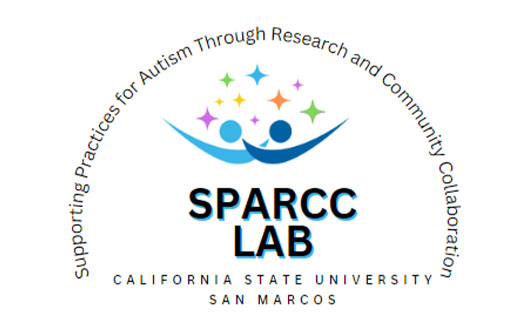
Cal State University San Marcos SPARCC Lab
Is your child under the age of 8 and receiving ABA therapy for autism? We want your help in learning about parent experiences!
Eligibility
Recruiting primary caregivers living in the US who have children with autism under 8 receiving ABA services for at least 2 months.
Compensation
$15 gift card
Contact
Email to sparcclab@csusm.edu or visit the SPARCC Lab website.

Frequently Asked Questions
Below, you will find answers to some of the more common questions we receive from our clients and their families about Autism Spectrum Disorder (ASD). Whether you’re a parent, caregiver, educator, or simply seeking to learn more, these FAQs offer valuable insights into the signs, symptoms, and assessment and diagnosis of ASD.
According to the DSM-5, there are three levels of Autism Spectrum Disorder (ASD).
- Level 1: Requiring support
- Level 2: Requiring substantial support
- Level 3: Requiring very substantial support
A person can have different levels across the two diagnostic domains of “social communication and interaction” and “restricted and repetitive behaviors”.
Individuals may have difficulty understanding social cues, engaging in reciprocal conversation, and expressing needs in conventional ways.
Individuals might exhibit strong adherence to routines, intense focus on specific interests, or repetitive movements used for self-regulation.
There is no actual diagnosis of “high-functioning” Autism. The term “high-functioning” is typically used to refer to those who need less support, such as someone with a Level 1 diagnosis of ASD in both diagnostic domains.
Asperger syndrome, or Asperger’s, is a previously used diagnosis on the autism spectrum. It was one of five subtypes of autism as defined by the DSM-IV. People given this diagnosis typically did not have cognitive or language delays. Today, those who would have previously met criteria for Asperger syndrome might be diagnosed with Level 1 ASD.
For some individuals, autism symptoms may become more or less severe throughout the lifespan and can be impacted by a variety of things such as stress, early intervention, and major life transitions. For example, behavioral intervention may reduce the severity of certain behaviors such as non-compliance or tantrums. It is also common to see changes in the intensity and types of restricted and repetitive patterns of behavior over time. However, other research suggests that symptoms remain relatively stable throughout the lifespan. Research on this topic is ongoing and will have important implications for determining which types of treatments are most impactful.
There are no FDA approved medications to treat autism. However, various medications are used to treat the behaviors often seen in those with autism. There are also other disorders that are often diagnosed along with autism, such as ADHD, depression and anxiety. Medications are often used to treat these conditions.
Research suggests that when one child is diagnosed with Autism Spectrum Disorder, there is a 20% greater chance of the next child born of the same parents having autism. Two children diagnosed with ASD (and having the same biological parents) increases the risk of a third child having autism by 32%.
If your child is diagnosed with autism, most health providers who specialize in this area will recommend genetic testing for your child. MindWise suggests that you consider genetic testing through the SPARK study, which is a national study sponsored by the Simons Foundation, seeking to find genes associated with autism.
